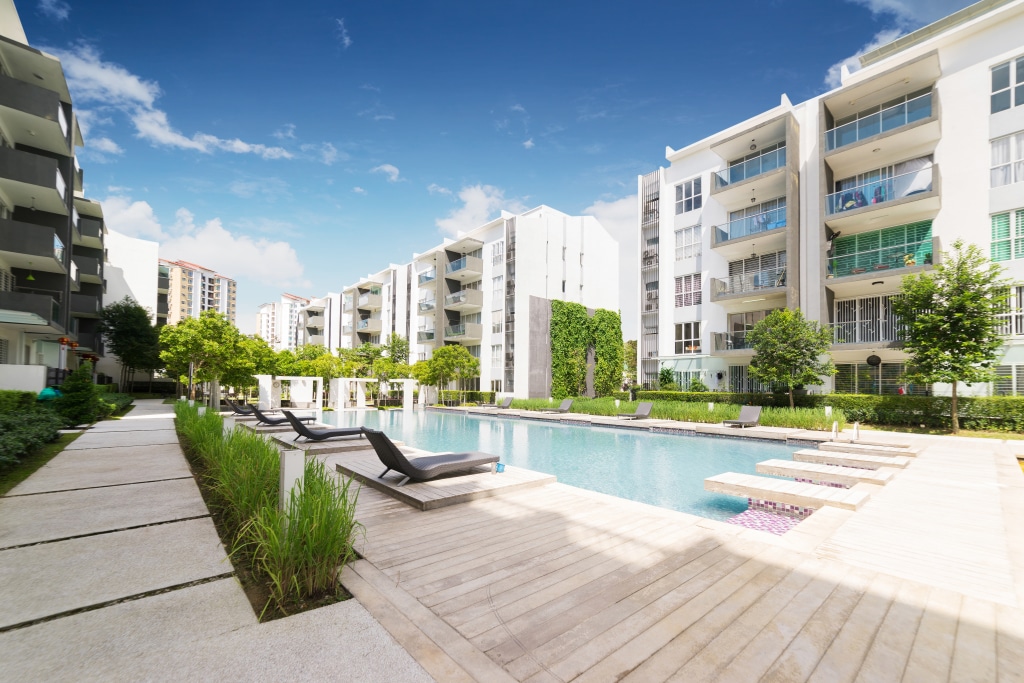Nedbank is once again issuing a green bond in South Africa, after a first operation in 2019 dedicated to renewable energy financing. This time, the bank owned 50% by Old Mutual is receiving support from a major investor, the International Finance Corporation (IFC). The subsidiary of the World Bank Group responsible for private sector financing has become the main investor in this operation, which is targeting 1.09 billion South African rand, or nearly 120 million dollars.
The green bond, listed on the Johannesburg Stock Exchange, is dedicated to financing environmentally responsible housing in South Africa. According to the IFC, the deal will increase the availability of finance to drive the South African green building market. “Increasing green housing finance, particularly in the residential sector, is essential to support the decarbonization of South Africa’s energy sector, while contributing to economic recovery and addressing the country’s large housing deficit,” says the Washington, D.C.-based financial institution.
IFC support
For its part, Nedbank believes that this loan will enable it to expand its portfolio of EDGE (Excellence in Design for Greater Efficiencies) certified buildings. This IFC instrument facilitates the design and certification of resource-efficient and carbon-free buildings. In addition to participating in the transaction, IFC promises performance-based incentives to developers financed by the green bond to partially offset the costs of greening and EDGE certification.
Read also- SOUTH AFRICA: CDC invests $36 million in Divercity for eco-friendly housing
Also, the World Bank Group subsidiary will provide advisory services to Nedbank. Specifically, this includes EDGE training and certification assistance for the bank and potential property developers who will be financed by the bond proceeds. The IFC is providing this additional support as part of the Market Accelerator for Green Construction (MAGC) program sponsored by the UK government’s Department for Business, Energy and Industrial Strategy (BEIS).
Green Housing Boom in South Africa
The issuance of this first green bond dedicated to the housing sector in South Africa and the support of the IFC is a clear indication of the growth of green building in the rainbow nation. Also driven by South Africa’s climate ambitions, this sector committed to the ecological transition is attracting more and more large investors. This is the case of the British CDC Group, which recently invested $36 million in the Divercity Urban Property Fund (Divercity) platform for the construction of green and affordable housing in South Africa.
However, existing green buildings are not yet meeting the growing demand of South Africans for environmentally responsible housing. A recent IFC study estimates the investment needs for green buildings in South Africa at $7 billion, both in the commercial and residential segments.
Jean Marie Takouleu
